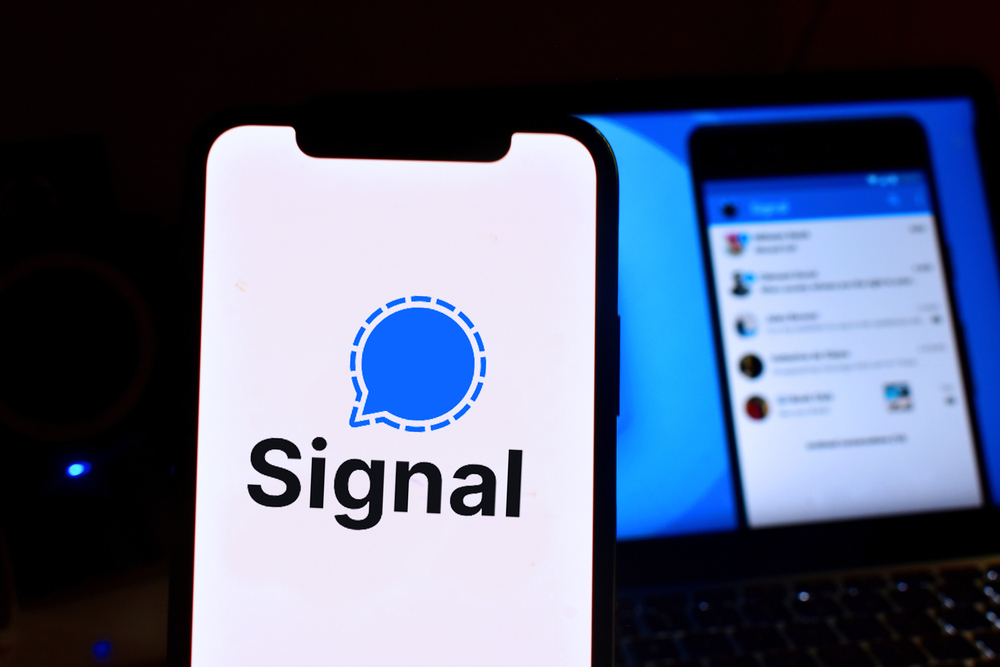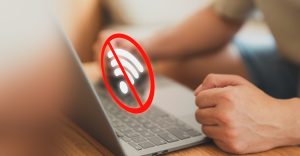Everything You Need to Know About the Open-Source Messenger Signal.
Others are reading now
Signal is an open-source messaging app renowned for its strong encryption protocols and emphasis on privacy and security. Developed by the Signal Foundation and Signal Messenger LLC, Signal is freely available for download.
Originally released in 2014, Signal’s development was spearheaded by Moxie Marlinspike, a renowned expert in security and privacy, alongside his team at Open Whisper Systems.
The Signal Foundation was later established in 2018 with the support of Brian Acton, a WhatsApp co-founder, who co-financed the project, contributing to Signal’s further development and dissemination.
Features and Benefits of Signal:
-
End-to-End Encryption: All messages, calls, and media shared on Signal are protected with end-to-end encryption, ensuring they can only be read by the sender and recipient.
Also read
-
Self-Destructing Messages: Users have the option to set messages to automatically delete after a certain period.
-
Group Chats: Signal supports group chats, with communication also end-to-end encrypted.
-
Voice and Video Calls: The app allows for encrypted voice and video calls between users.
-
Open Source: As an open-source platform, Signal’s source code is available for anyone to review and audit for security.
Privacy Advantages:
-
Signal collects as little data as possible and does not store message metadata.
-
As a non-commercial entity supported by donations, Signal operates without conflicts of interest concerning user data and privacy.
Signal stands out as a secure and privacy-focused alternative to WhatsApp, offering users peace of mind through its robust encryption and minimal data collection practices.








